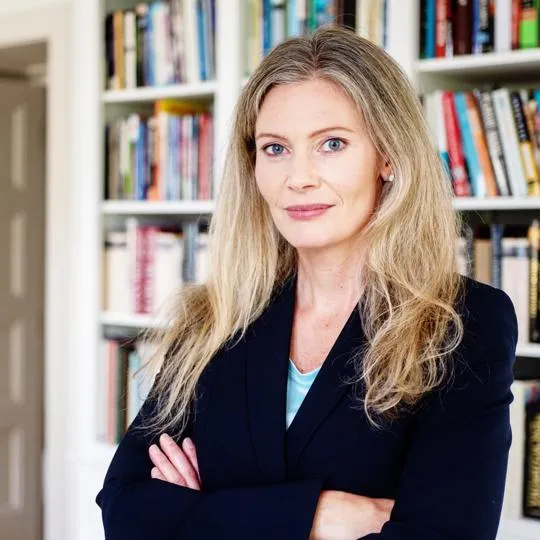
Dr Filippa Lentzos
Reader in Science and International Security
Research interests
- Biomedical and life sciences
- Policy
- Security
Biography
Dr Filippa Lentzos is a Reader (Associate Professor) in Science & International Security in the Department of War Studies, where she also serves as Impact & Innovation Lead and as Dissertation Lead for the 500+ Masters students in the Department.
Alongside her role at King’s, she holds concurrent appointments as Associate Senior Researcher at the Stockholm International Peace Research Institute (SIPRI) in Sweden and as Non-Resident Scholar at the James Martin Center for Nonproliferation Studies (CNS) in the United States.
Dr Lentzos chairs the WHO Technical Advisory Group on the responsible use of the life sciences and dual-use research (WHO RULS DUR) and serves as a member of the WHO Health Security Interface – Technical Advisory Group (WHO HSI-TAG). She is a rostered expert for the UN Secretary-General’s Mechanism for Investigation of Alleged Use of Chemical or Biological Weapons and acts as NGO Coordinator for the Biological Weapons Convention.
In addition, she is a columnist at the Bulletin of the Atomic Scientists and an Editor of the social science journal BioSocieties.
Further information about her work is available at www.filippalentzos.com
Research
- Biological threats and biosecurity
- Global health security
- Biological weapons disarmament and non-proliferation
- Security and governance of emerging life science technologies and AI
- Responsible science and innovation
- Biological disinformation
Dr Lentzos’ research is theoretically informed, empirically grounded and policy-relevant, with a strong international profile. Bridging the life sciences and international security, she has developed a distinct and wide-ranging portfolio in biosecurity research. Her interdisciplinary work critically examines key dimensions of biosecurity, including the life sciences-technology nexus, pandemic-risk research, high-containment laboratories, treaty verification, and biological disinformation.
Methodologically, she employs a diverse set of qualitative and documentary methods—including desk and archival research, interviews, focus groups, participant observation and autoethnography—to ensure analytic depth and methodological rigour. Collaboration lies at the core of her work: she engages closely with governments, think tanks and international organisations, as well as with key policy fora and advisory bodies in international security. This proximity offers rare insights into decision-making processes and underpins the originality and policy-relevance of her research.
Through sustained engagement with policy and practitioner communities, Dr Lentzos ensures her research both informs and is informed by real-world security and governance challenges, contributing to the development of national and international biosecurity policies, guidance, and training.
Career Background
Originally trained in human sciences, Filippa completed her doctoral studies in sociology and spent the first ten years of her career at the London School of Economics and Political Science (LSE). She joined King’s College London in 2012 as part of the founding team of the Department of Global Health & Social Medicine, before becoming cross-appointed to the Department of War Studies in 2017, where she moved fully in 2025.
Teaching
Postgraduate
- The Future of War
PhD supervision
Principal supervisor: Henrietta Wilson
Further details
Research
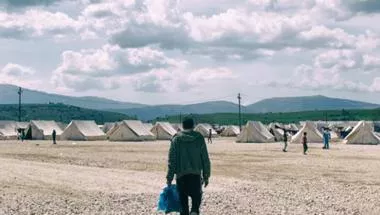
Centre for Conflict & Health Research
Cross disciplinary initiative studying the intersection of global health, security, and political governance in conflict-affected fragile states and regions.
News
King's researchers launch tracker to monitor disinformation about chemical, biological, radiological and nuclear threats
King’s researchers have launched a new Chemical, Biological, Radiological and Nuclear Threats (CBRN) Disinformation Tracker on Monday 20 October 2025, at the...
King's researchers awarded grant to tackle health disinformation in the Canadian Arctic
A new King’s College London project will investigate how health disinformation spreads in the Canadian Arctic, working with Indigenous and regional partners...

King's project to fight WMD disinformation is backed by Canada's PM Carney
In his first official visit to Kyiv on Sunday 24 August, Canadian Prime Minister Mark Carney reiterated his country’s financial support of Ukraine. This...
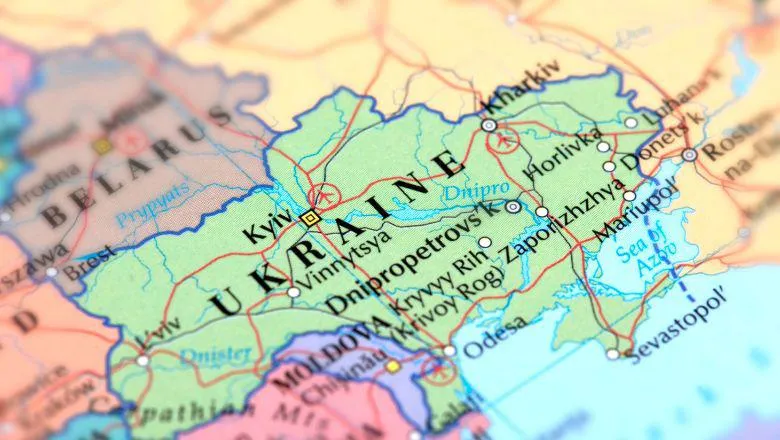
King's academic launches report to reduce pandemic threat posed by laboratories
Dr Filippa Lentzos has launched a new report at the UN Headquarters in New York on the governance of high-risk pathogen research to safeguard populations from...
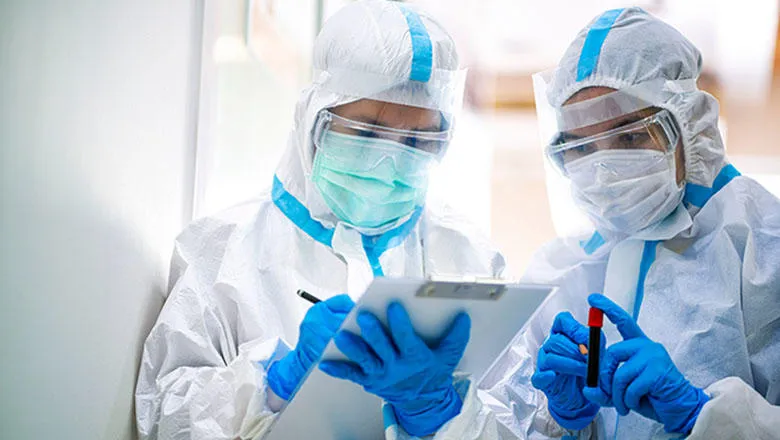
King's expert leads advisory group set up to enhance global health security
Dr Filippa Lentzos has been appointed as the Chair of a World Health Organization (WHO) advisory group that aims to shape strategies on the responsible use of...
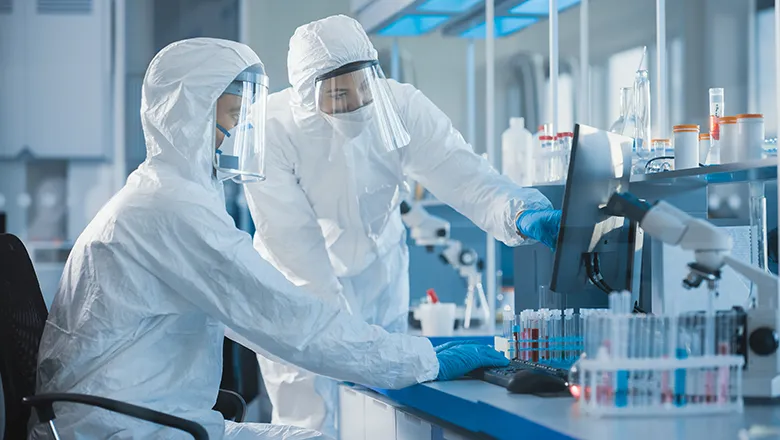
King's expert helps drive safe innovation in engineering biology
A King’s academic with expertise in science and international security is working with the UK government to shape how advancements in engineering biology are...
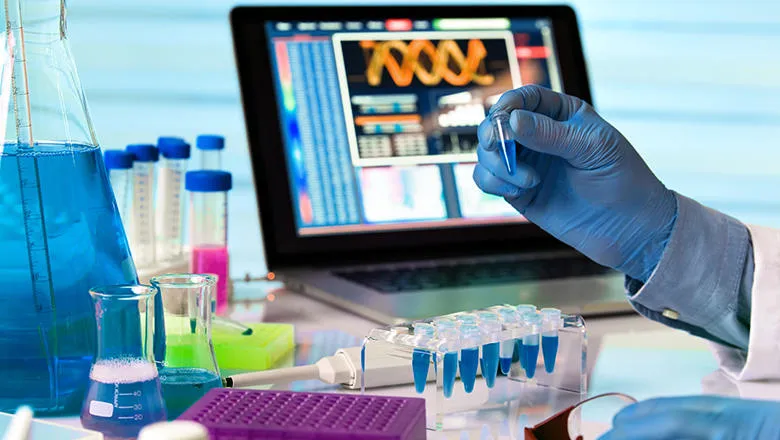
War Studies student wins NATO challenge by tackling the security risks of neurotechnologies
MA International Conflicts Studies student Kirellos Miseih was one of the three winners of the NATO ACT 20th Anniversary Student Challenge, which invited...
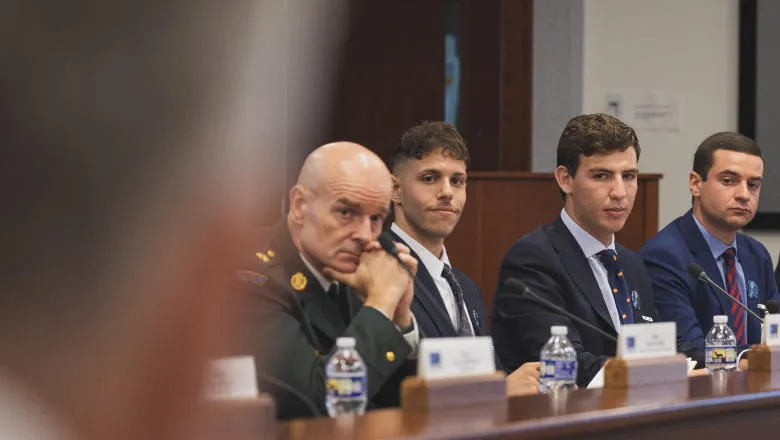
Boom in labs handling dangerous pathogens not matched by biosafety and biosecurity regulation
The number of labs handling dangerous pathogens has risen to more than 100 around the world but has not been accompanied by sufficient oversight, raising...

Artificial intelligence could be repurposed to create new biochemical weapons
A new paper, co-authored by King’s academic Dr Filippa Lentzos, should act as a “wake-up call” to those using artificial intelligence (AI) technologies for...
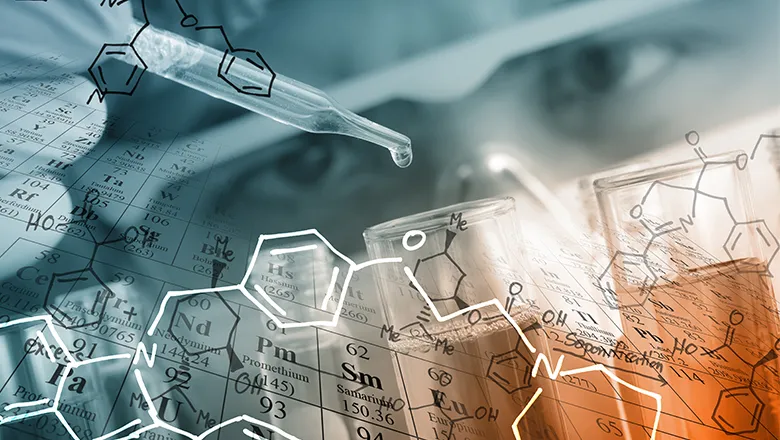
Greater controls are needed to tackle potential risks from lab-made 'self-spreading' viruses
New paper led by King’s academic warns such research could have irreversible consequences for the planet, wildlife and human communities.

Events

Book launch: New War Technologies and International Law: The legal limits to weaponizing nanomaterials
Register for this hybrid event with author Dr Kobi Leins and Helen Durham, Director of the International Committee of the Red Cross.
Please note: this event has passed.
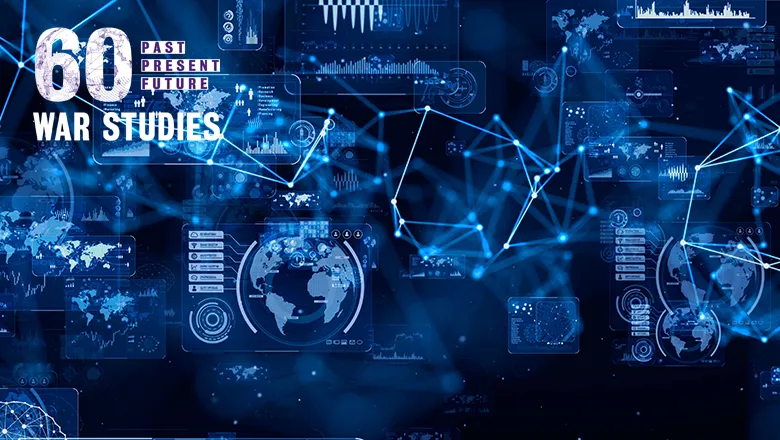
How are emerging technologies (re)-shaping the security landscape?
Join a panel of experts as they discuss the impact of new technologies in the third War Studies at 60 seminar.
Please note: this event has passed.
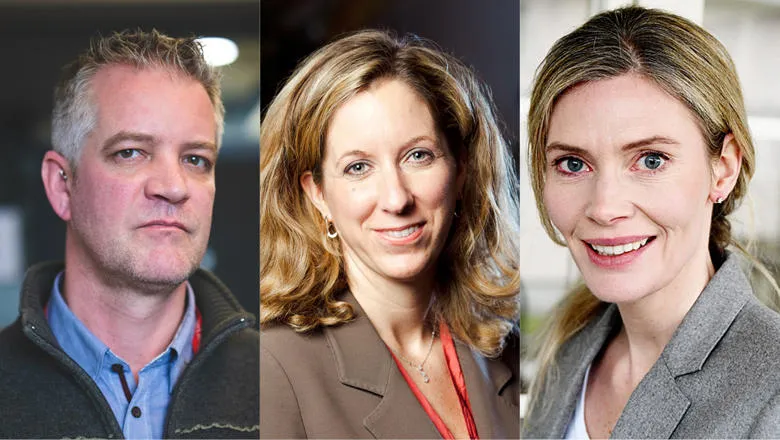
King’s Experts Series: World Security
Join us for the latest event in the King's Expert Series.
Please note: this event has passed.
Launch event: Global Biolabs
Join this public webinar on the launch of an interactive web-based map of Biosafety Level 4 labs worldwide.
Please note: this event has passed.
UNSCOM at 30
A reflection on the work and achievements of the United Nations Special Commission.
Please note: this event has passed.
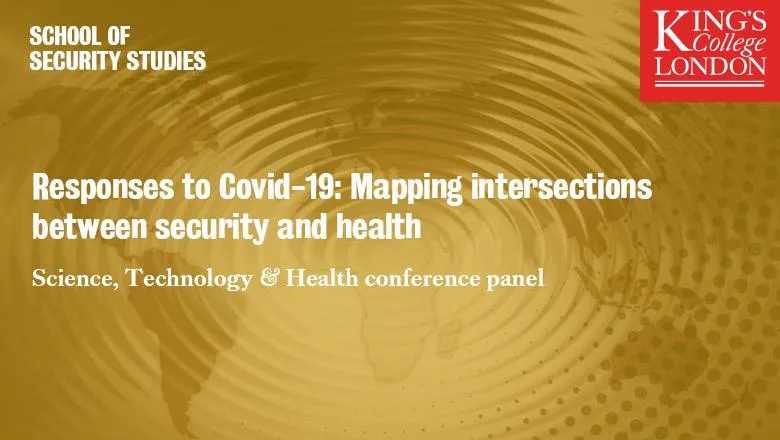
Responses to Covid-19: Mapping intersections between security and health
Science, Technology & Health panel event for the School of Security Studies Research Conference.
Please note: this event has passed.
Features
Have hybrid coronaviruses already been made? We simply don't know for sure, and that's a problem
Risky life-science projects need global governance. Unfortunately, current standards and practices are not up to the task.

Have hybrid coronaviruses already been made? We simply don't know for sure, and that's a problem
Filippa Lentzos and Gregory D. Koblentz discuss some of the dangers of certain types of lab research, including the creation of 'chimeric viruses' – viruses...

Fifty-nine labs around world handle the deadliest pathogens – only a quarter score high on safety
The study of infectious diseases poses a serious risk of future global pandemics.
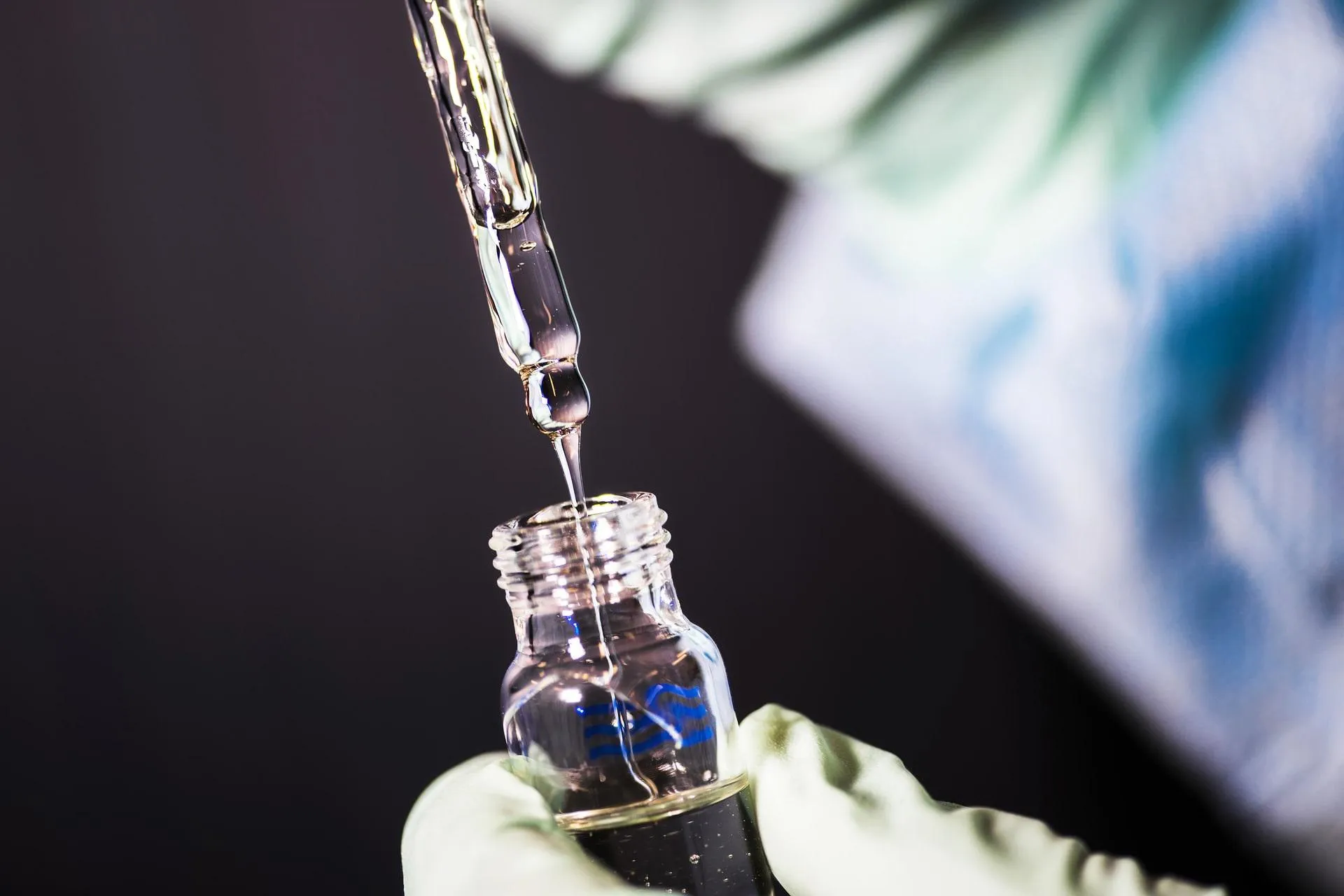
Battles of Influence: Deliberate Disinformation and Global Health Security
Deliberate misinformation narratives blur the lines between reality and deception, creating significant global risks during crises such as Covid-19.

Spotlight
Advancing transparency and building trust in biodefence
A team at King’s College London has used sociologically informed research and stakeholder engagement to strengthen global efforts against biological weaponry.
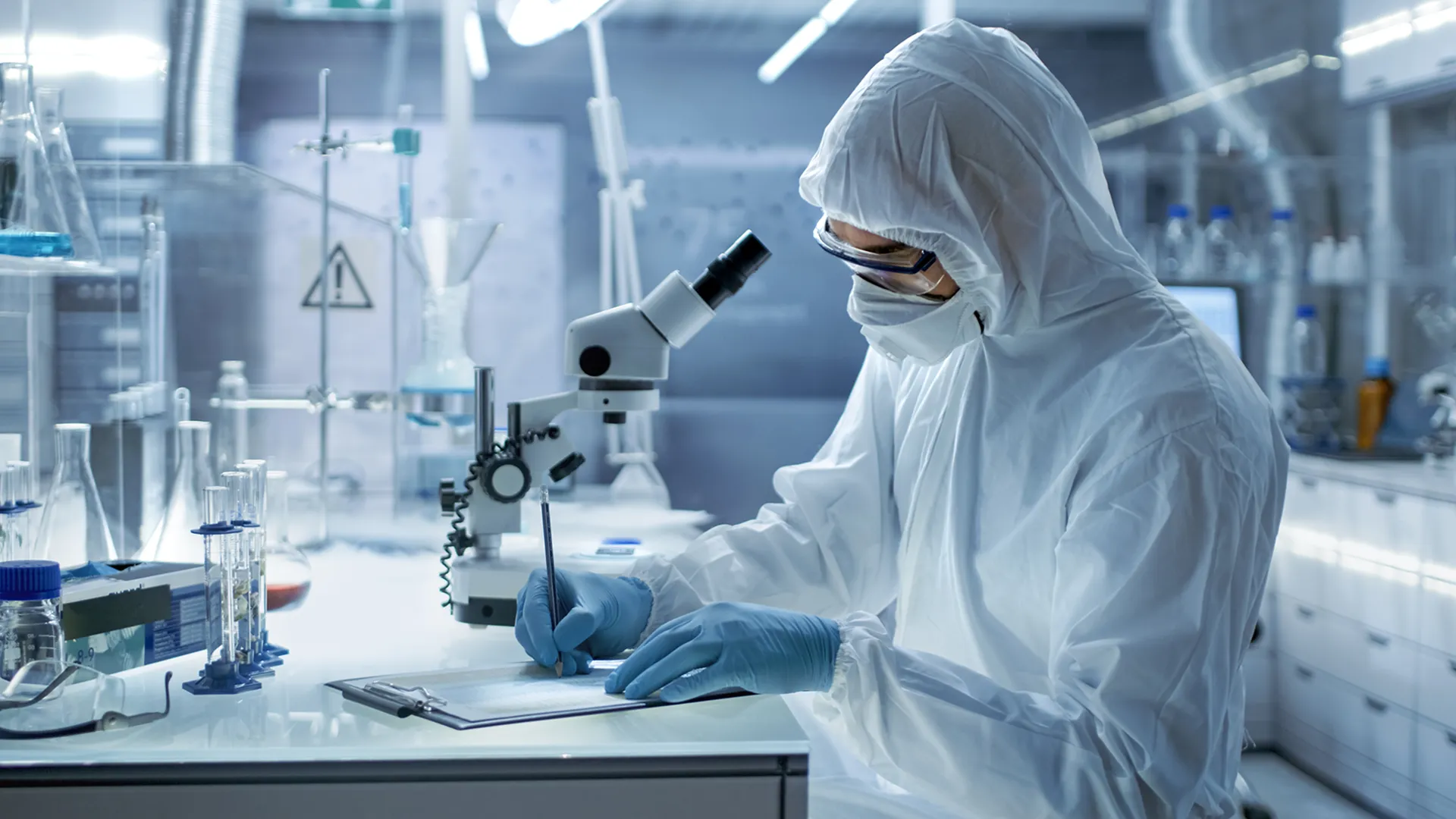
Research

Centre for Conflict & Health Research
Cross disciplinary initiative studying the intersection of global health, security, and political governance in conflict-affected fragile states and regions.
News
King's researchers launch tracker to monitor disinformation about chemical, biological, radiological and nuclear threats
King’s researchers have launched a new Chemical, Biological, Radiological and Nuclear Threats (CBRN) Disinformation Tracker on Monday 20 October 2025, at the...
King's researchers awarded grant to tackle health disinformation in the Canadian Arctic
A new King’s College London project will investigate how health disinformation spreads in the Canadian Arctic, working with Indigenous and regional partners...

King's project to fight WMD disinformation is backed by Canada's PM Carney
In his first official visit to Kyiv on Sunday 24 August, Canadian Prime Minister Mark Carney reiterated his country’s financial support of Ukraine. This...

King's academic launches report to reduce pandemic threat posed by laboratories
Dr Filippa Lentzos has launched a new report at the UN Headquarters in New York on the governance of high-risk pathogen research to safeguard populations from...

King's expert leads advisory group set up to enhance global health security
Dr Filippa Lentzos has been appointed as the Chair of a World Health Organization (WHO) advisory group that aims to shape strategies on the responsible use of...

King's expert helps drive safe innovation in engineering biology
A King’s academic with expertise in science and international security is working with the UK government to shape how advancements in engineering biology are...

War Studies student wins NATO challenge by tackling the security risks of neurotechnologies
MA International Conflicts Studies student Kirellos Miseih was one of the three winners of the NATO ACT 20th Anniversary Student Challenge, which invited...

Boom in labs handling dangerous pathogens not matched by biosafety and biosecurity regulation
The number of labs handling dangerous pathogens has risen to more than 100 around the world but has not been accompanied by sufficient oversight, raising...

Artificial intelligence could be repurposed to create new biochemical weapons
A new paper, co-authored by King’s academic Dr Filippa Lentzos, should act as a “wake-up call” to those using artificial intelligence (AI) technologies for...

Greater controls are needed to tackle potential risks from lab-made 'self-spreading' viruses
New paper led by King’s academic warns such research could have irreversible consequences for the planet, wildlife and human communities.

Events

Book launch: New War Technologies and International Law: The legal limits to weaponizing nanomaterials
Register for this hybrid event with author Dr Kobi Leins and Helen Durham, Director of the International Committee of the Red Cross.
Please note: this event has passed.

How are emerging technologies (re)-shaping the security landscape?
Join a panel of experts as they discuss the impact of new technologies in the third War Studies at 60 seminar.
Please note: this event has passed.

King’s Experts Series: World Security
Join us for the latest event in the King's Expert Series.
Please note: this event has passed.
Launch event: Global Biolabs
Join this public webinar on the launch of an interactive web-based map of Biosafety Level 4 labs worldwide.
Please note: this event has passed.
UNSCOM at 30
A reflection on the work and achievements of the United Nations Special Commission.
Please note: this event has passed.

Responses to Covid-19: Mapping intersections between security and health
Science, Technology & Health panel event for the School of Security Studies Research Conference.
Please note: this event has passed.
Features
Have hybrid coronaviruses already been made? We simply don't know for sure, and that's a problem
Risky life-science projects need global governance. Unfortunately, current standards and practices are not up to the task.

Have hybrid coronaviruses already been made? We simply don't know for sure, and that's a problem
Filippa Lentzos and Gregory D. Koblentz discuss some of the dangers of certain types of lab research, including the creation of 'chimeric viruses' – viruses...

Fifty-nine labs around world handle the deadliest pathogens – only a quarter score high on safety
The study of infectious diseases poses a serious risk of future global pandemics.

Battles of Influence: Deliberate Disinformation and Global Health Security
Deliberate misinformation narratives blur the lines between reality and deception, creating significant global risks during crises such as Covid-19.

Spotlight
Advancing transparency and building trust in biodefence
A team at King’s College London has used sociologically informed research and stakeholder engagement to strengthen global efforts against biological weaponry.

